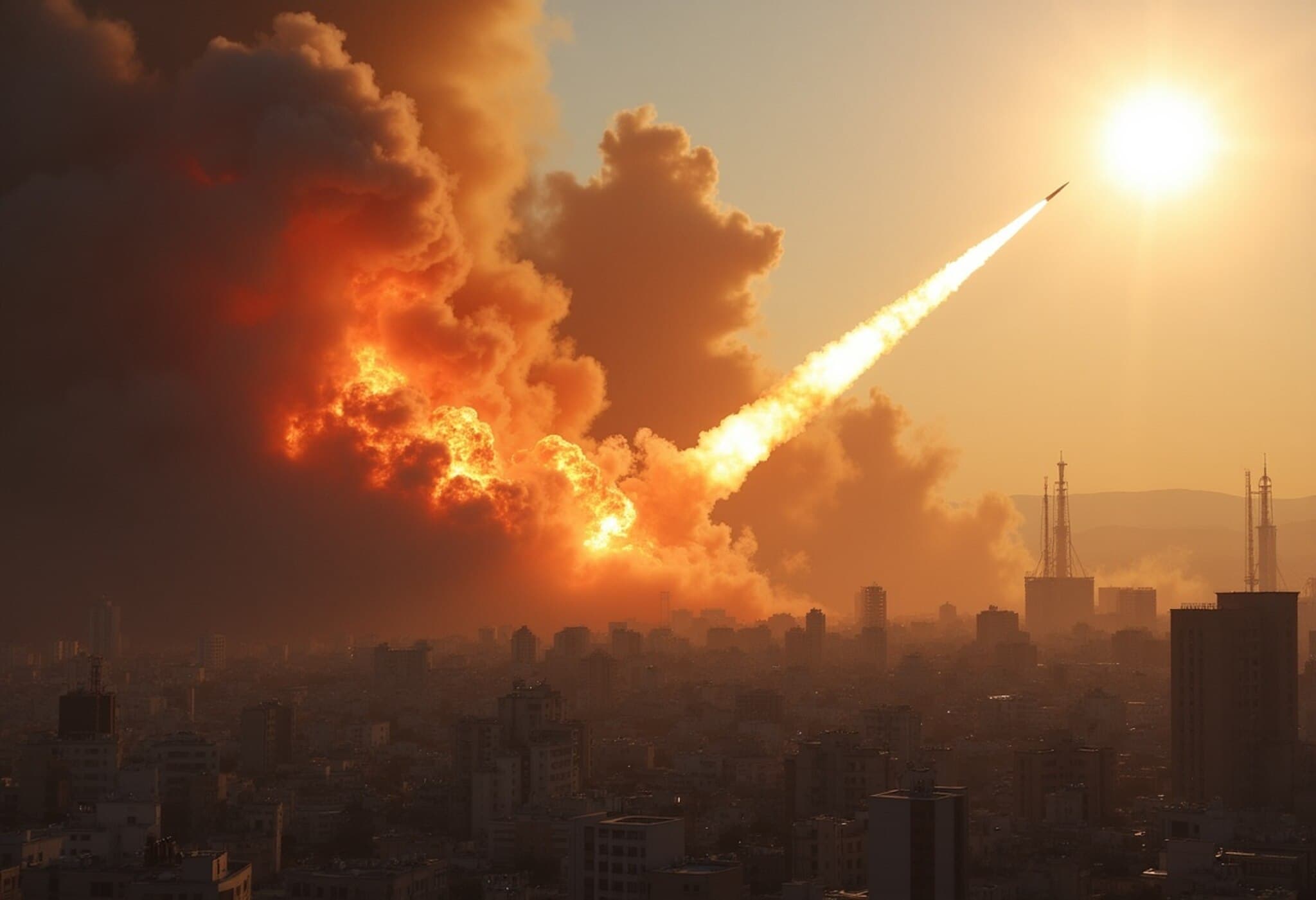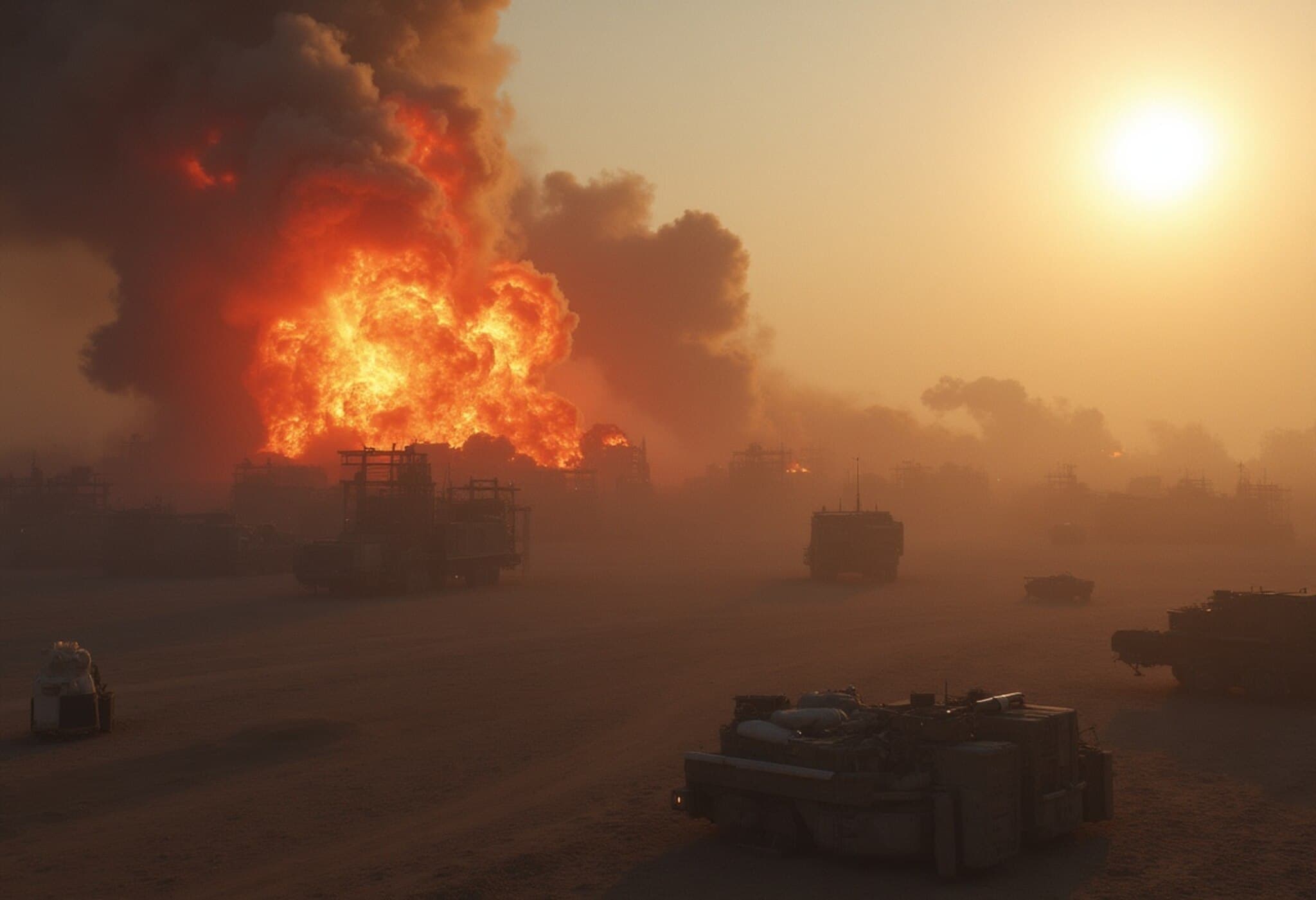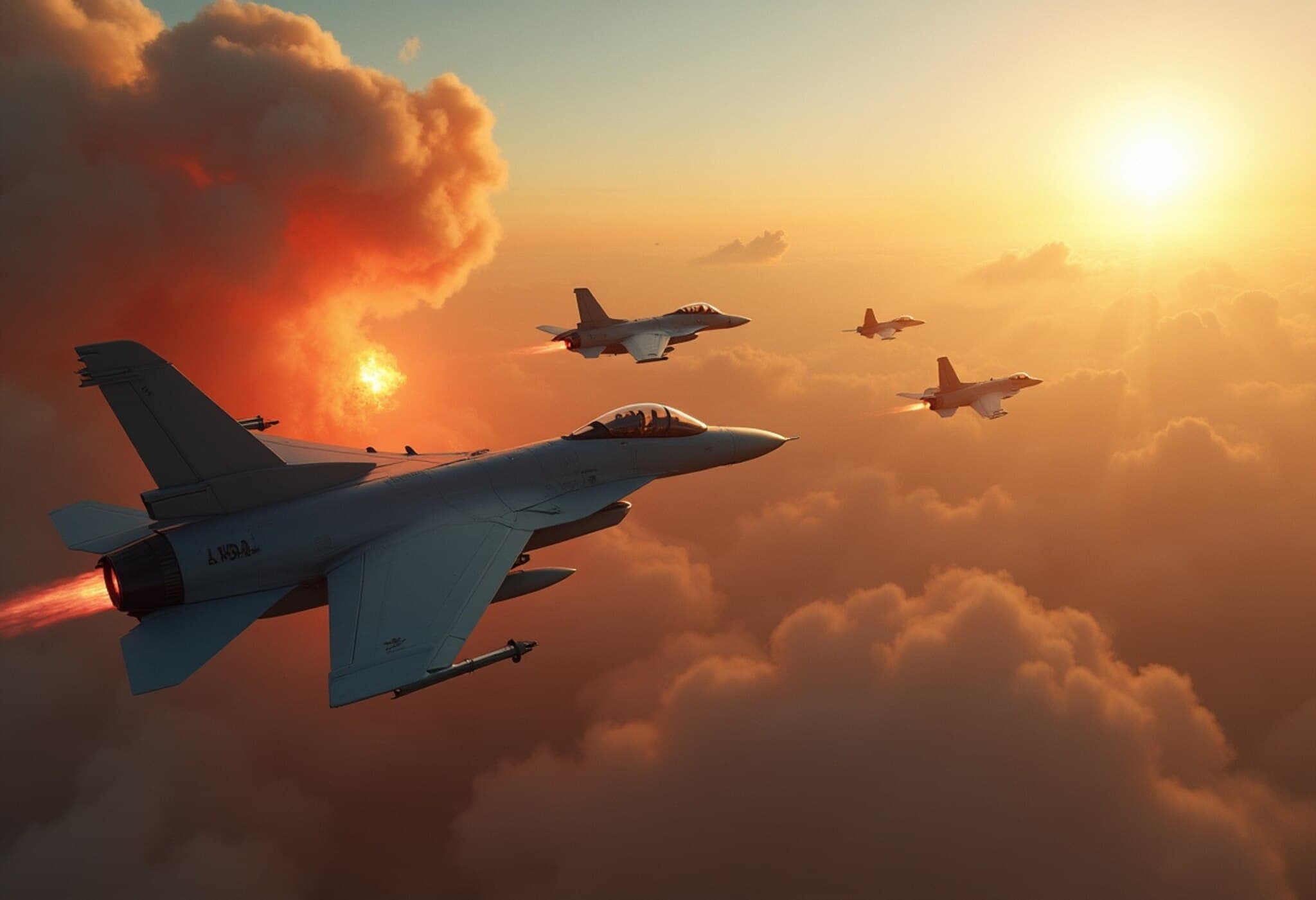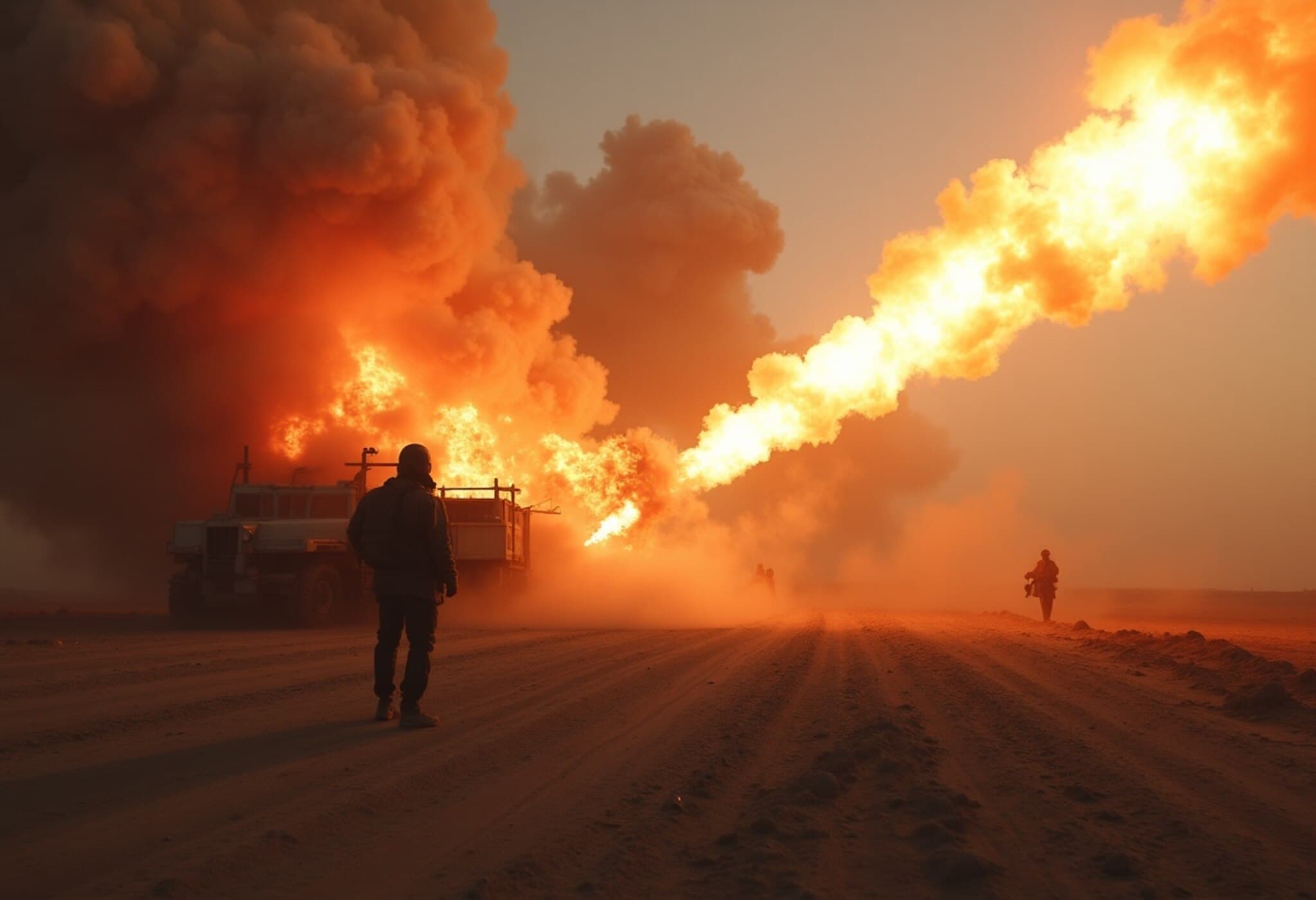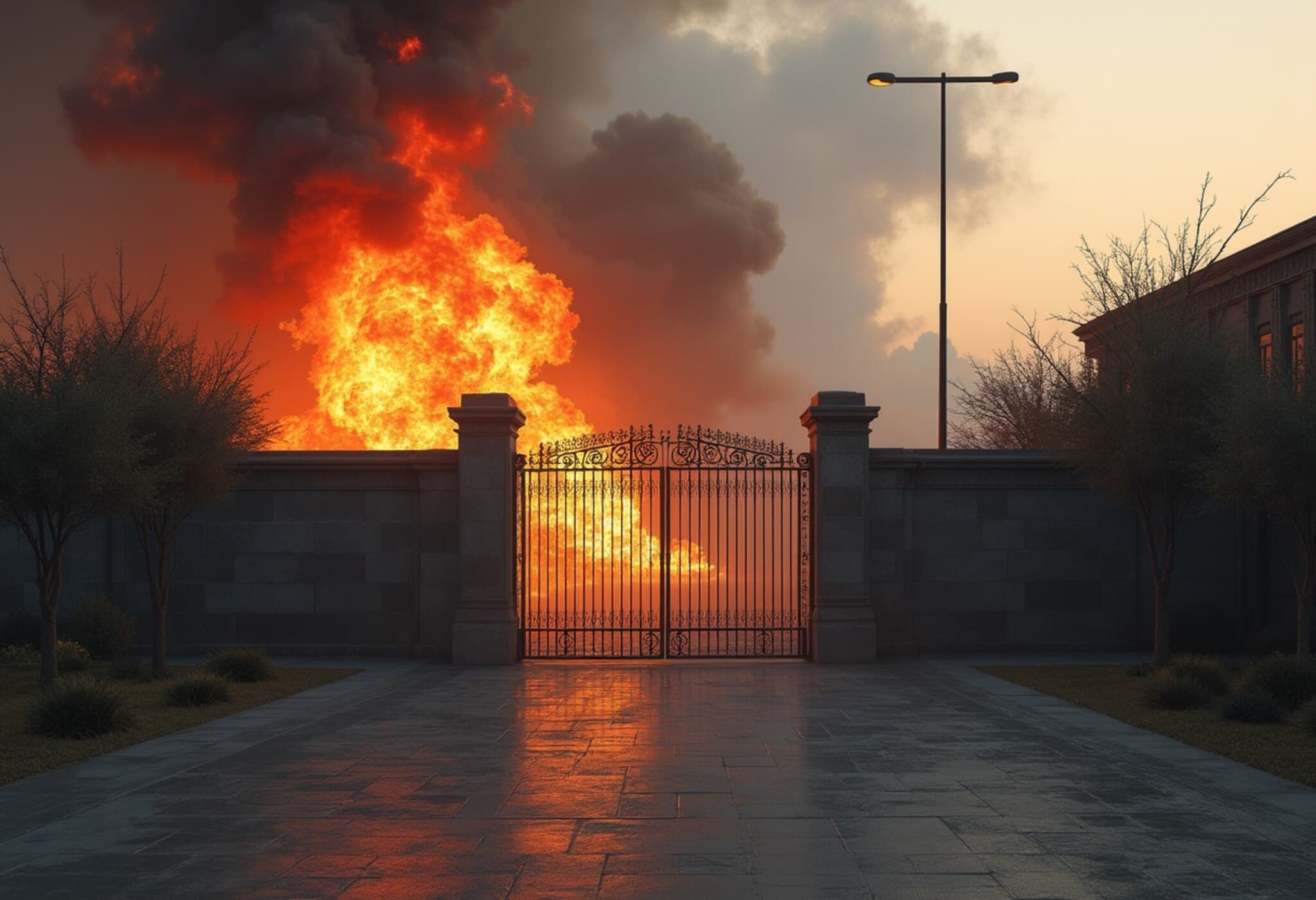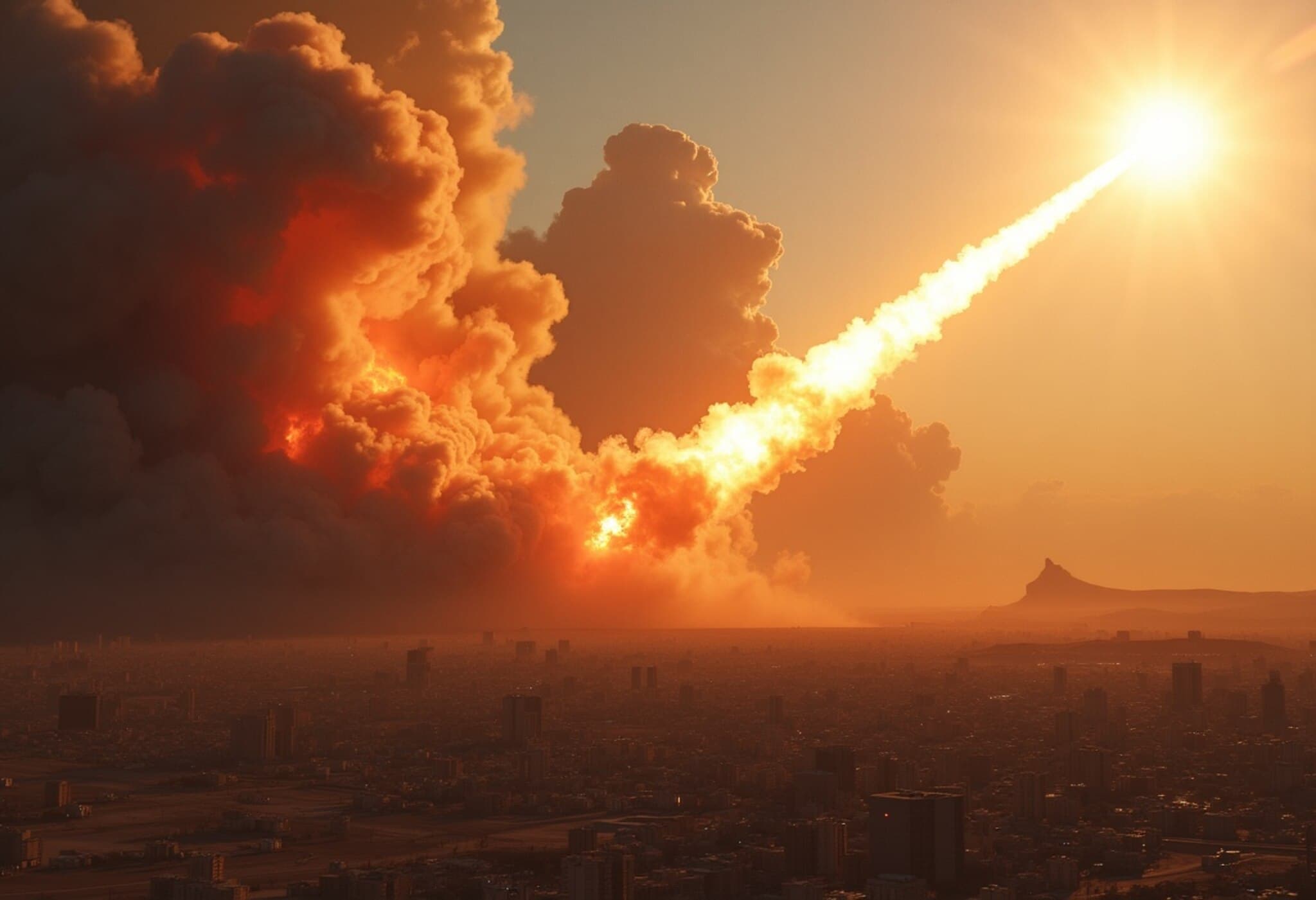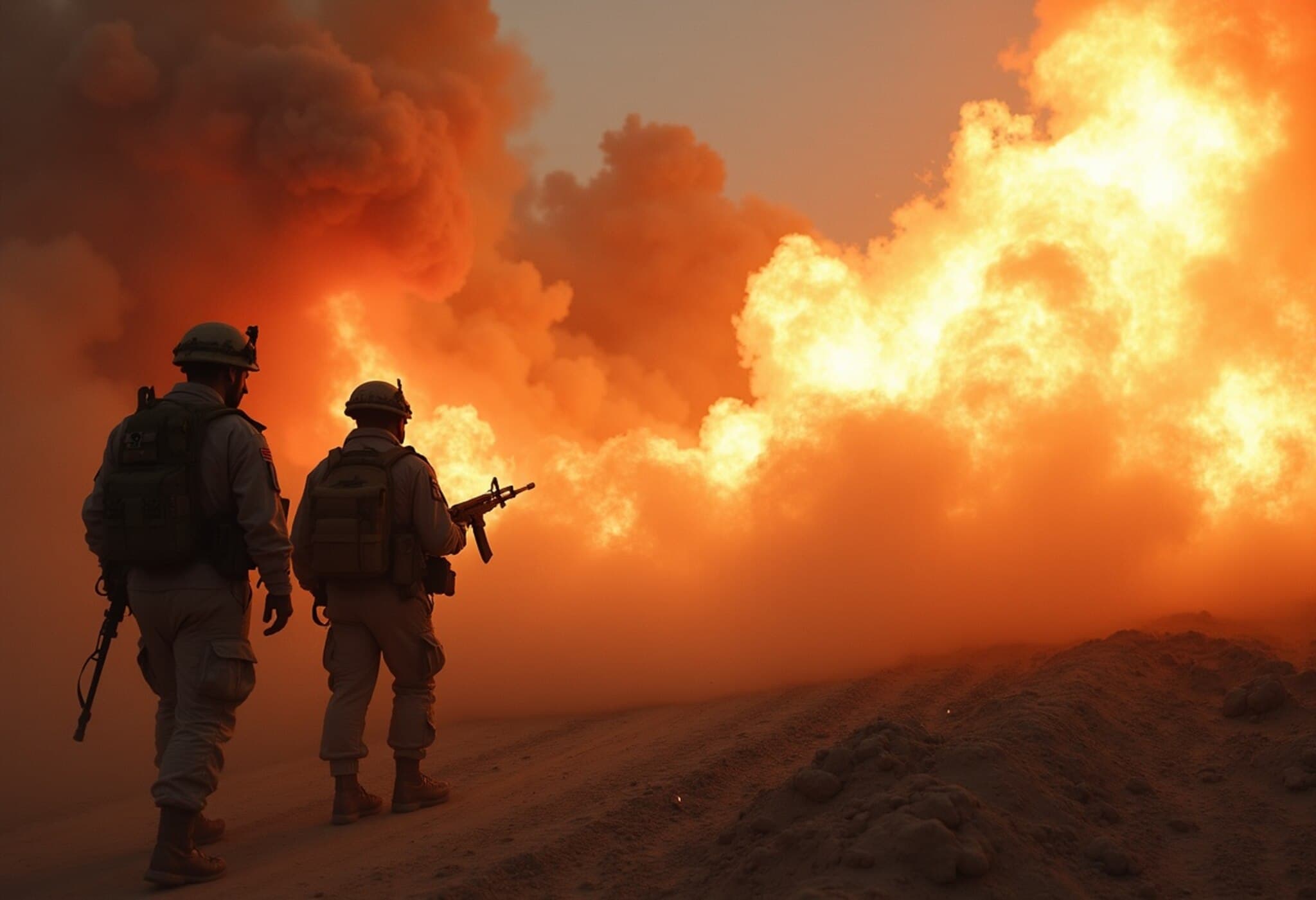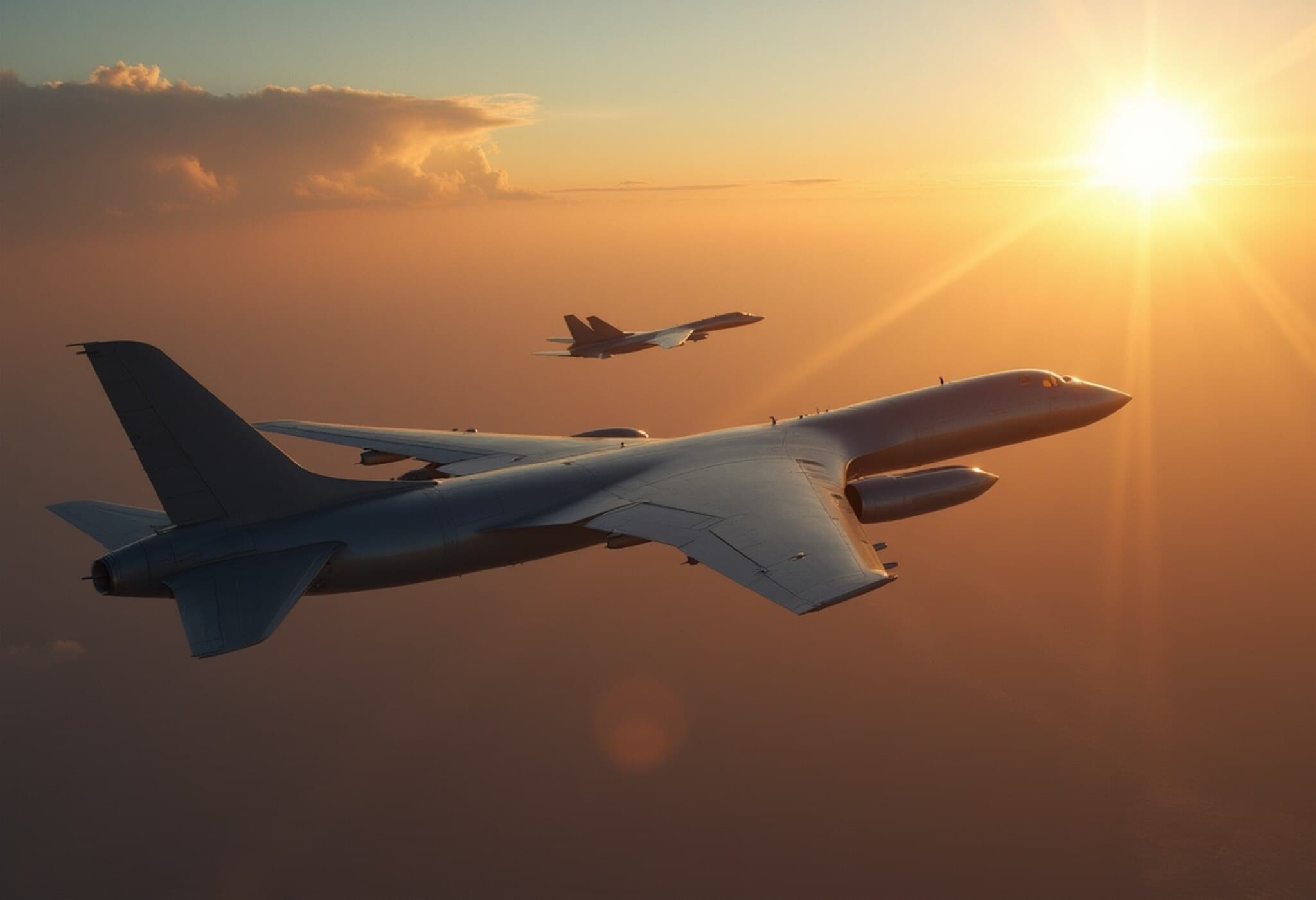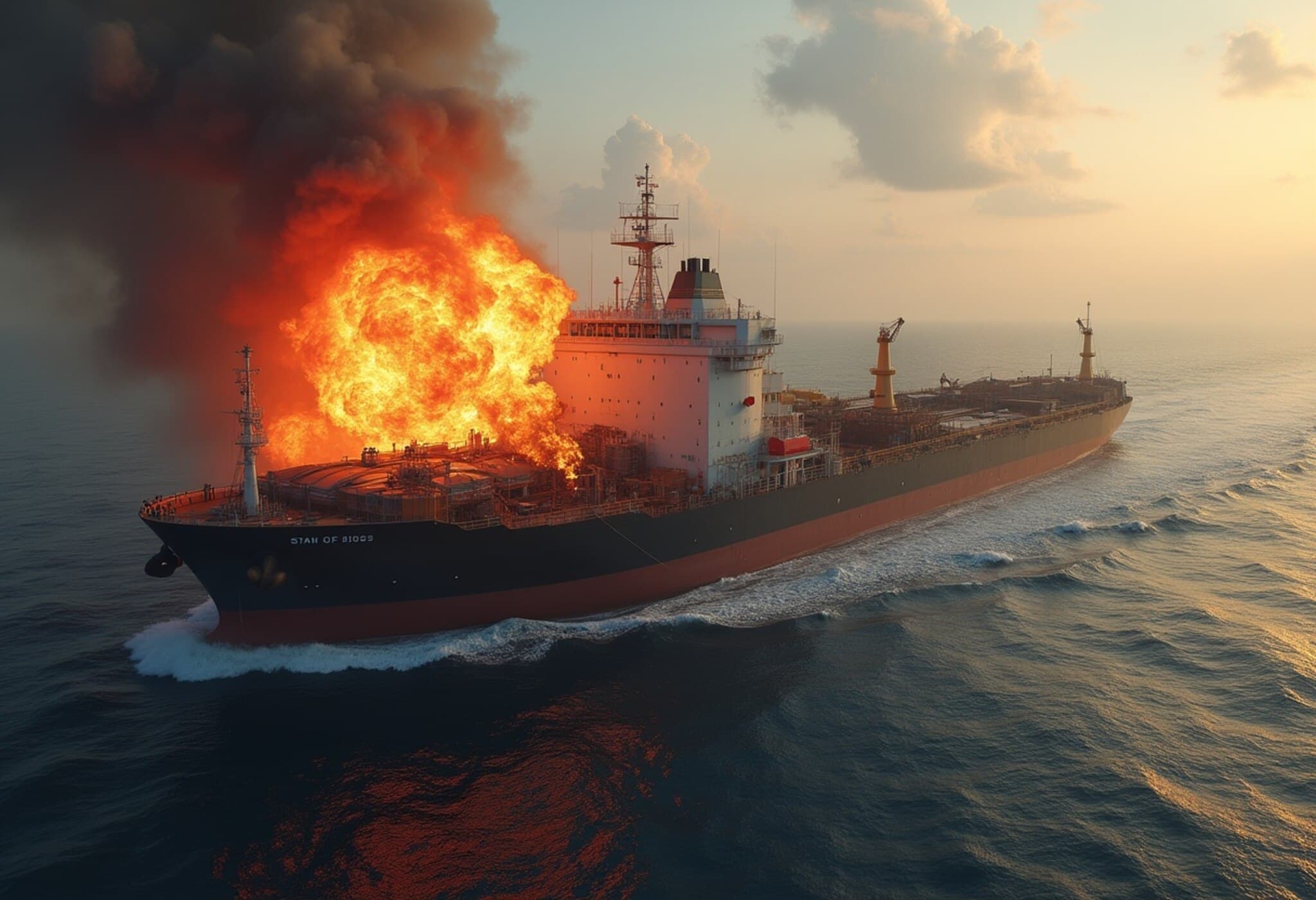Missile Strikes Shake Tel Aviv Following US Attacks on Iran
On Sunday, a wave of Iranian missiles rained down on Tel Aviv, sending thick plumes of smoke into the skyline and emptying the city’s streets as residents sought shelter. The attacks followed US airstrikes targeting Iran's nuclear facilities, marking a sharp escalation in regional tensions.
Scenes of Destruction and Urgency in Tel Aviv
Images and videos trending on social media depicted dense smoke clouds rising over Tel Aviv. Streets appeared deserted, and vehicles were left abandoned haphazardly—signs of a sudden scramble to safety amid the missile barrage. According to Israeli emergency services, at least one building in central Israel bore the brunt of the Iranian missile strikes. Iran specifically claimed to have targeted Ben Gurion Airport along with other Israeli locations.
Eleven injuries have been confirmed so far by rescue teams, underscoring the human toll amid the chaos and uncertainty.
US Airstrikes Target Iranian Nuclear Facilities
Earlier the same day, US B-2 Spirit bombers executed a high-profile strike against three key Iranian nuclear sites in Fordow, Natanz, and Esfahan. The assault involved six bunker-buster bombs and roughly 30 Tomahawk missiles, described by the US President as a "very successful attack" aimed at curbing Iran's nuclear ambitions.
The bombers flew nonstop for nearly 37 hours from Missouri to the Middle East to carry out this mission—America’s most direct military action against Iran in recent years. The operation followed extensive deliberations and was launched well before the administration’s self-imposed decision deadline.
Escalating Conflict Sparks Stern Warnings
In a White House briefing, the US President warned Iran of "far greater" consequences should hostilities continue, stressing that the choice was between peace or an unprecedented tragedy. “This cannot continue,” he asserted, highlighting the cooperation between the US and Israeli leadership. He thanked Israeli Prime Minister Benjamin Netanyahu, praising their coordinated efforts to neutralize what he termed a grave threat to Israel’s security.
Meanwhile, Iranian officials confirmed damage at the Fordow nuclear site and condemned the strikes as hostile attacks, signaling deepening animosity in the region.
Regional Tensions on the Rise
The sequence of retaliatory assaults and counterstrikes underscores a worrying intensification in the Israel-Iran conflict, with the US now directly involved. This development raises fears about the potential for broader destabilization throughout the Middle East.
As both sides brace for possible further actions, the world watches closely, hopeful for restraint but preparing for continued unrest in the days ahead.

